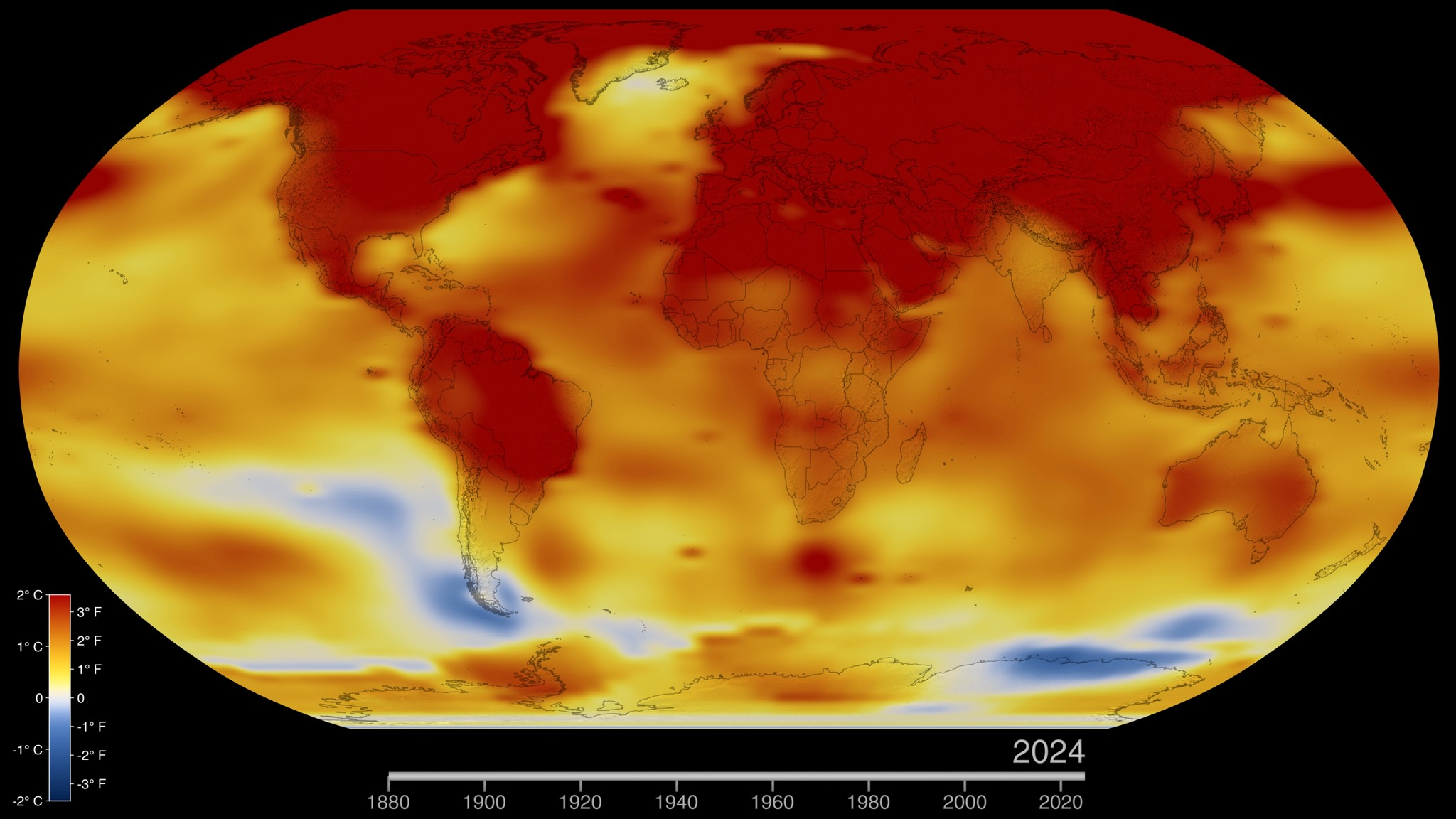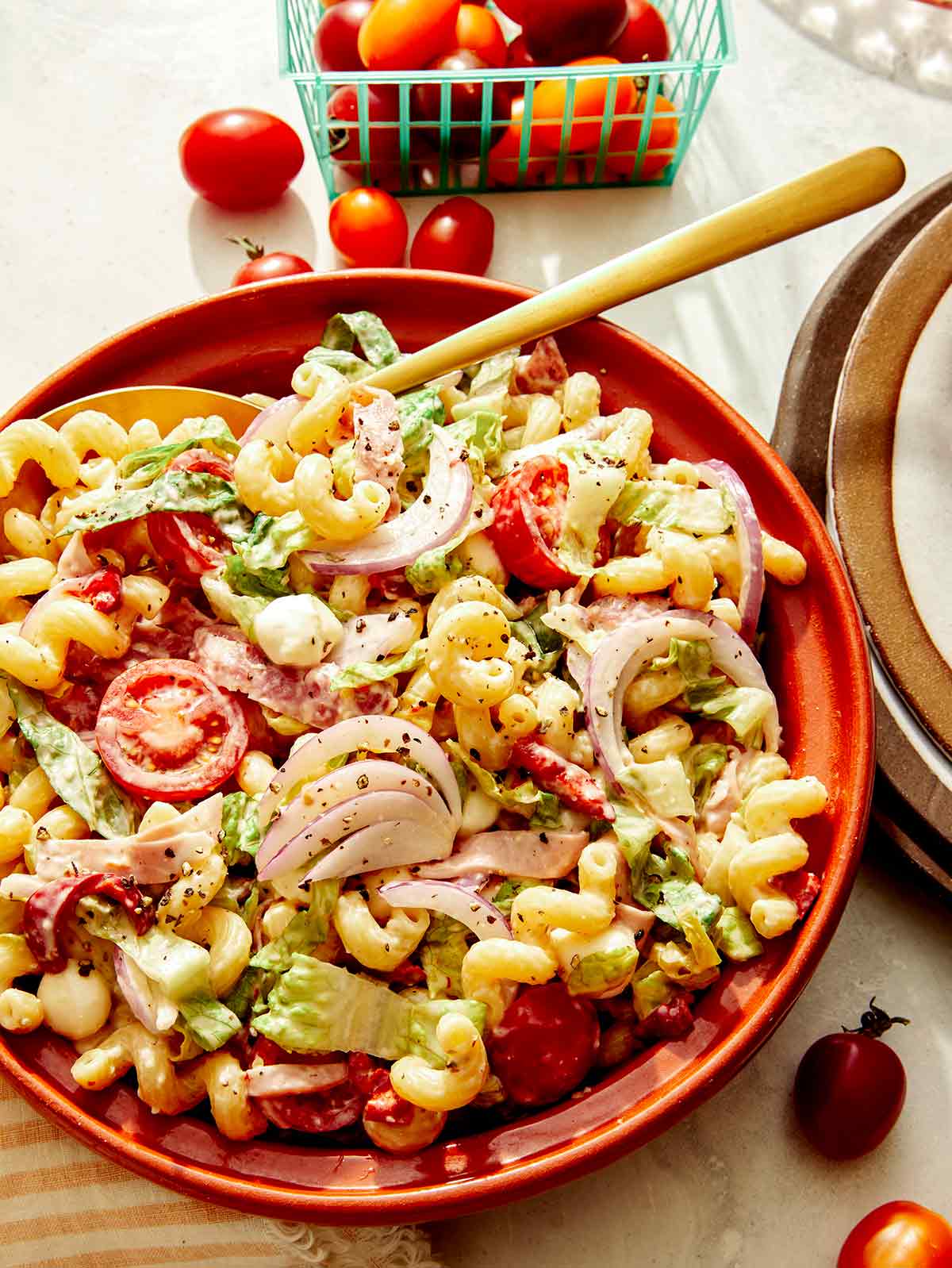During a press conference last week, Kennedy said HHS would investigate an “environmental toxin” that he believes is causing an "epidemic” of autism in the country — a direct contradiction to what the Centers for Disease Control and Prevention (CDC) has said about the increased prevalence of the condition.
Autism advocates said Kennedy’s “environmental toxin” comments were misleading and harmful.
“While more research is needed, there has been no discussion about actually serving this community to be better supported, included and to have better services that reflect the diversity across the spectrum,” said Kristyn Roth, chief marketing officer at the Autism Society of America.
Earlier this month Kennedy announced that HHS will launch a “massive testing and research effort” to figure out the cause of autism spectrum disorder by this fall.
Kennedy later clarified during the press conference that the agency would only have “some” of the answers on why autism rates are rising.
A recently published CDC report found that 1 in 31 children in the U.S. was diagnosed with autism spectrum disorder in 2022, a rise from the 2020 rate of 1 in 36 children. The increased rate is likely linked to improved diagnostic methods, the report notes.
Kennedy told reporters that he does not believe that increased testing and better diagnostics are behind the rising autism spectrum diagnoses. Genes “do not cause epidemics,” he said, so there had to be some kind of “environmental exposure.”
Research suggests that the condition stems from a combination of genetic and environmental factors. More than 100 genes have been identified as playing some role in autism spectrum disorder, autism researcher and clinician Doreen Samelson told The Hill.
Other comments Kennedy has made regarding autism are coming under fire. Particularly, his statement during last week’s press conference that the condition “destroys families” and many children with the condition "will never pay taxes, they’ll never hold a job, they’ll never play baseball, they’ll never write a poem, they’ll never go on a date."
“So many people know and love someone [with autism] who can do all of those things,” said Roth.

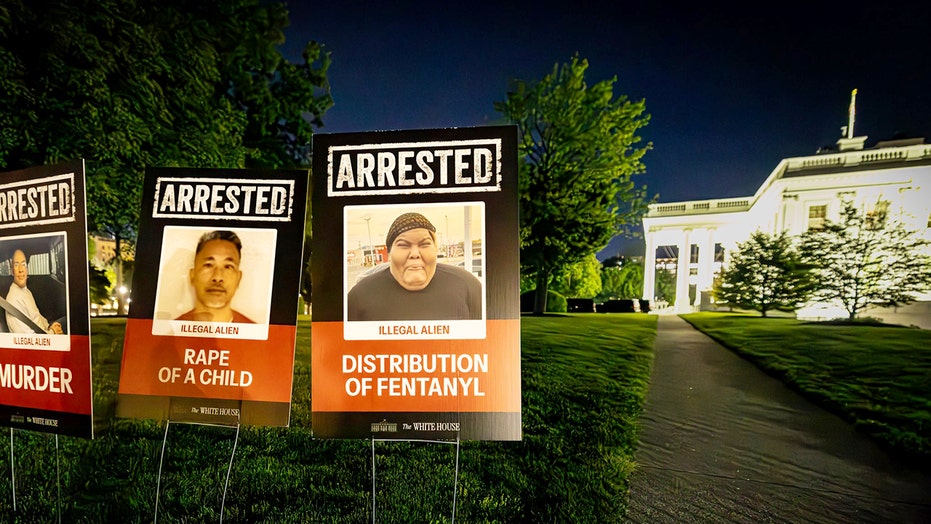
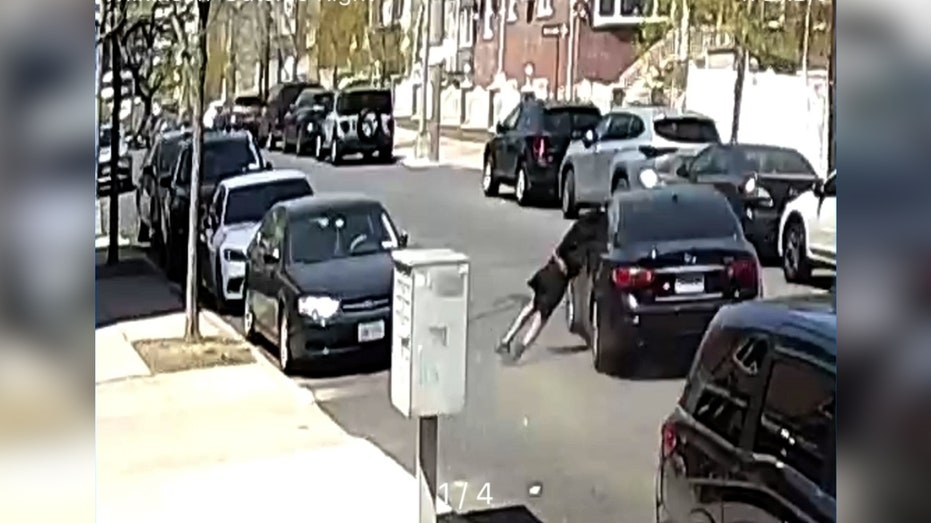






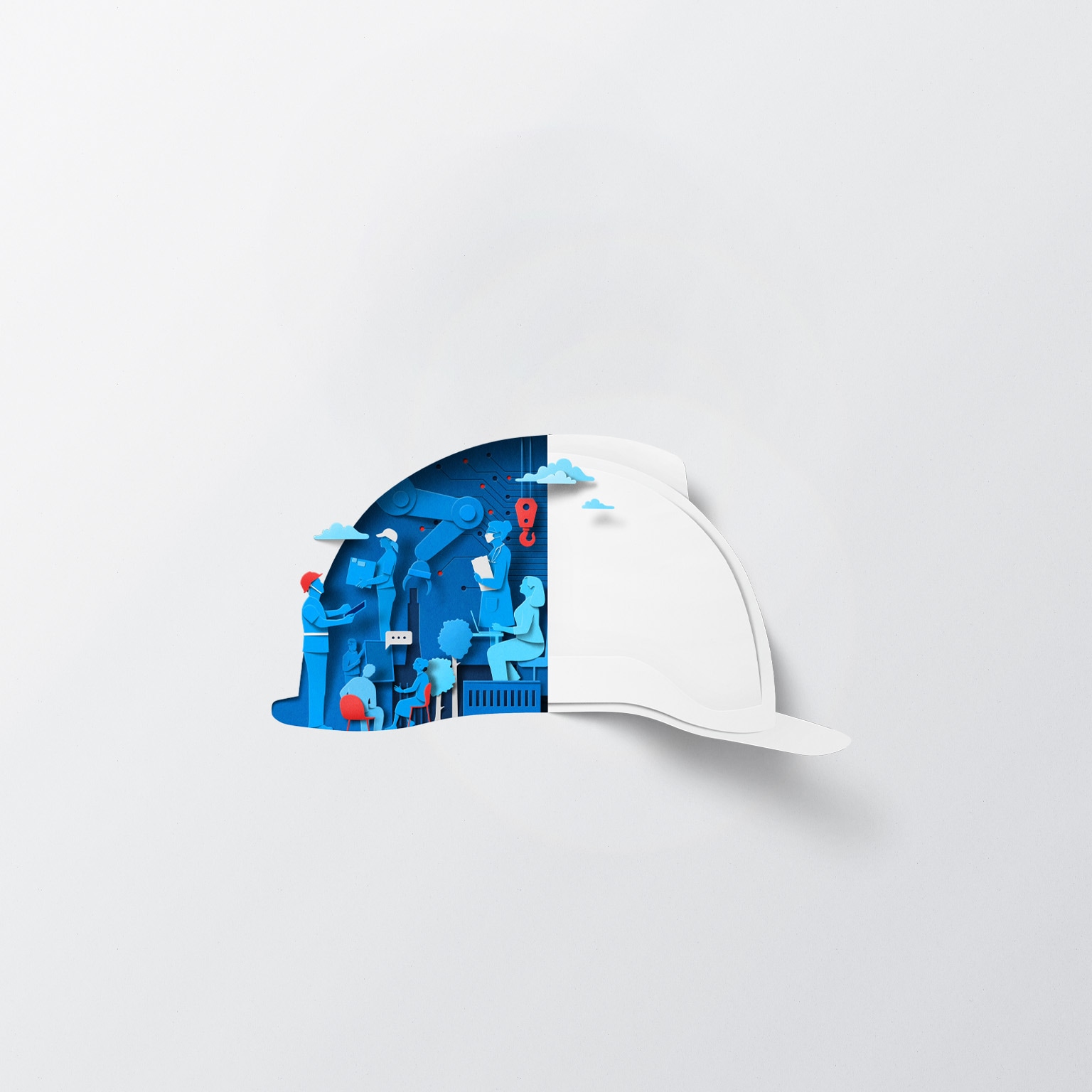











_Muhammad_R._Fakhrurrozi_Alamy.jpg?width=1280&auto=webp&quality=80&disable=upscale#)












